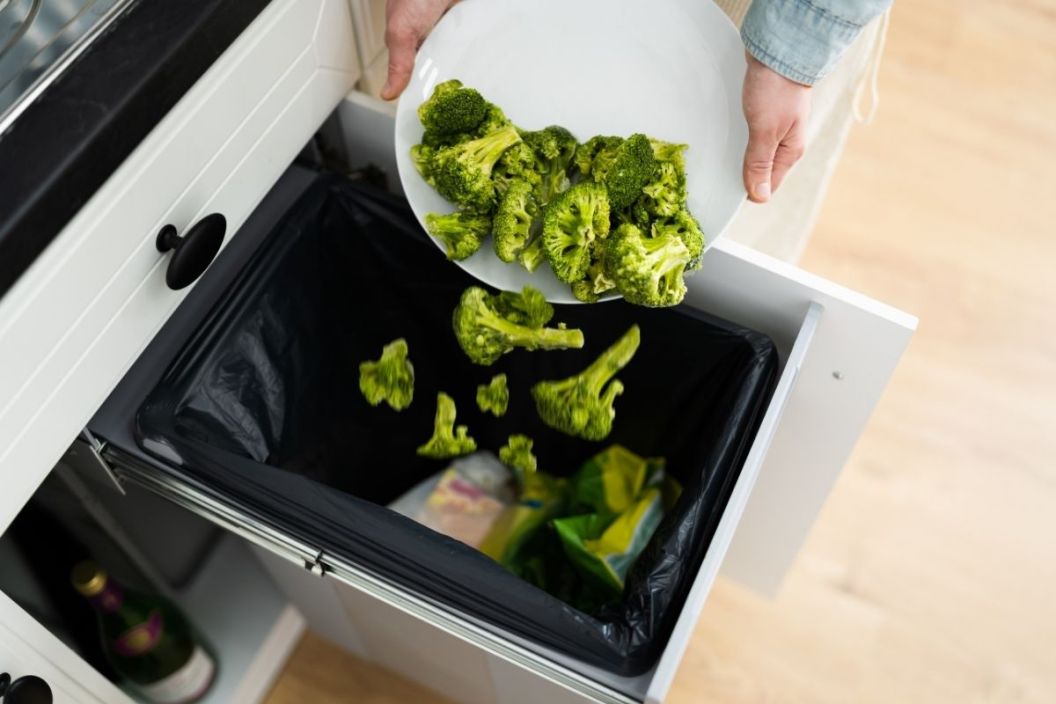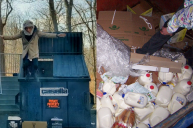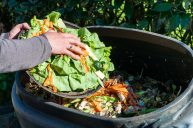Are you aware of what happens to all the food that doesn't get eaten or used up in some way? It ends up as food waste. And it's one of the biggest issues of today's world. It's public knowledge that 40% of all food in the US is never eaten. And at the same time, 1 out of 8 Americans is struggling to put food on the table. These numbers are alarming for more reasons than one, but they don't seem to cause people and businesses to fight to lower them down.
Most of this food waste ends up in landfills, where it generates methane, a greenhouse gas that's 27 times more powerful than carbon dioxide, polluting the air, destroying natural resources, and contributing to climate change.
Scientists all over the world are trying to shine a light on the huge negative impact food waste has on the entire population and our environment, forcing big corporations to invest in programs to help redirect the unused food to those who need it or at least find a way to reuse the surplus food for different purposes.
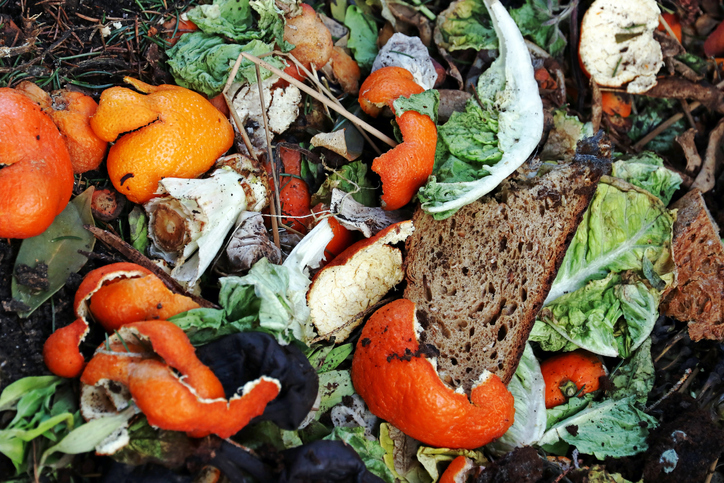
Getty Images
Organizations such as Save the Food from NRDC, 412 Food Rescue, City Harvest, and Imperfect Foods are doing their best to raise awareness amongst consumers and reduce food waste in a variety of different ways. From saving perfectly good food from being wasted in the first place and giving it out to those who need it, to educating them on how to dispose of unavoidable food waste more responsibly and turn it into fertilizers.
Even though these organizations are growing in numbers, it's still not enough. We need to do a much better job ourselves, and here are some helpful tips on how to reduce food waste.
Plan Out Your Meals
Before taking your weekly trip to the grocery store, get into a habit of writing a shopping list of ingredients you'll be using this week and maybe even a meal plan. Not only are you saving yourself the trouble of answering the dreaded "What am I gonna cook today?" question or reaching for yet another UberEats order, but you're helping yourself use what's in your fridge and pantry, emptying them out by the end of the week without much food waste. Not to mention, you'll save money in the process.
This tactic might not work for everyone, and it might not even work every week, but give it a try and challenge yourself to only buy what you need and what you're really going to eat.
Learn How to Properly Store Food
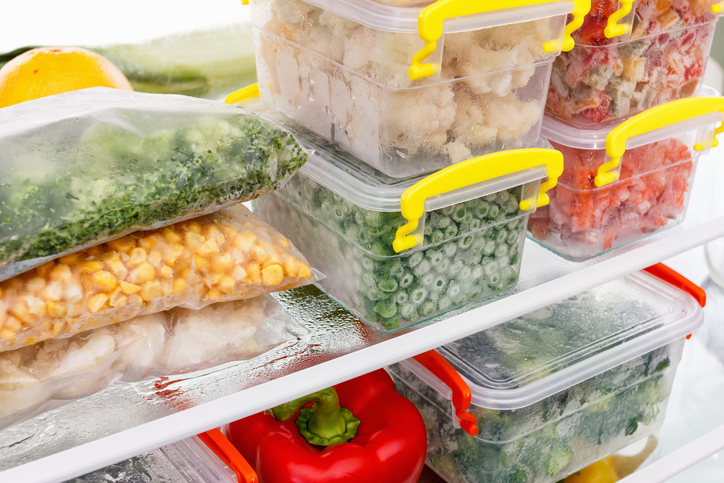
Getty Images
There are a lot of different ways to store food and while some are great for fresh fruit and veggies, they won't work for dairy products or raw meat. Some food is perishable and has a shorter shelf life than others and it might go to waste even sooner than you think. Read food labels and check for expiration dates - they can give you an idea of how quickly you need to use it before you need to throw it away.
Learn about proper food storage and you'll prevent food spoilage that will only end up as food waste down the line. Whether you wrap it up in foil, freeze it, vacuum-seal it, revert to pickling, or find a cool and dark place for it, there is the best way for storing each ingredient. Your friend Google will definitely help you find it.
Get Creative With Leftover Food
It's the end of the week and all you have left in your fridge is a bunch of random fruit and vegetables scattered around your drawers. Before you close the doors and forget about them because "you'll go to the grocery store tomorrow," get creative with what you have.
Maybe you'll turn it into smoothies or grill them with some Latin spices, maybe you'll cut them up into a nutritious salad, or maybe you'll blend them up and turn them into a veggie cream soup. And sure, you might need to order from your favorite restaurant to make a complete meal, but at least you're not letting your food end up in the trash, and consequently, in the landfills.
Support Local Farmers and Producers
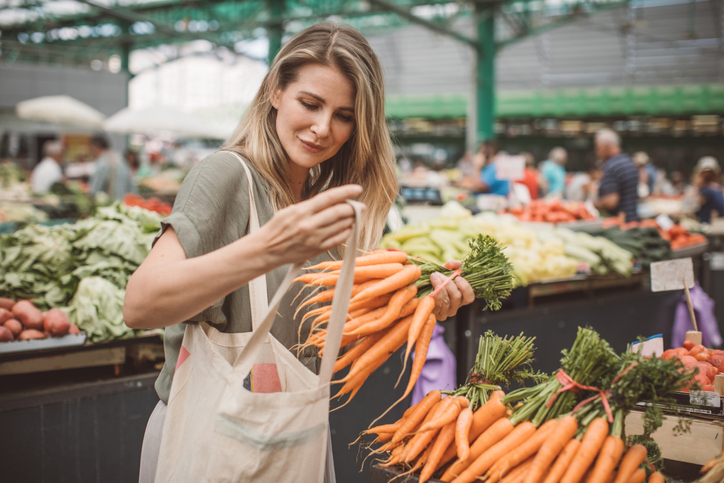
Getty Images
Going to the Farmer's Market is so much more than a trend. It's an amazing way to support your local community of farmers, small businesses, and food producers, all doing their best to deliver organic, fresh, and seasonal ingredients to your table. This way, you're also staying away from big corporations and retailers which import food from all over the world for no other reason than lower cost and then leave them in freezers for months before even putting them on the shelves. Oh, and only the "perfect" picks.
Buy "Ugly" Foods
Whether on the Farmer's Market or in your local grocery store, look for ugly foods (if you can find them) and get them instead. They taste just like the perfectly round ones, they have the same amount of nutrients as the ones without any spots or marks - they're just not as pretty. The problem with today's world is that the "outside matters more;" even in veggies.
Donate Food or Organize a Get-together
If by the end of the week you still have way more food than you can eat or you're leaving on a trip but half of your fridge is still full, browse for local organizations that help you get rid of the surplus. There are plenty of them out there trying to donate foods to shelters, food banks, or give to families in need.
Additionally, if you love spending time in the kitchen, call some friends over and have them help you get through the excess food. This way you're reducing waste AND having fun at the same time.
Compost Food Scraps
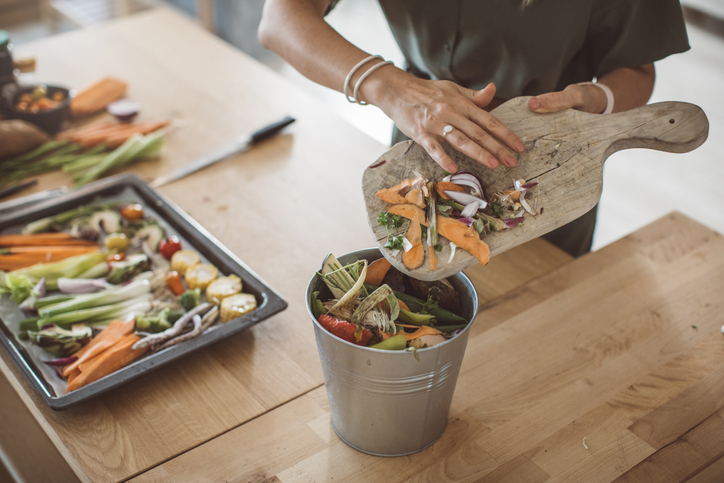
Getty Images
There's a lot to be said about actual food going to waste, but what about food scraps? Fruit and veggie peels, eggshells, fruit pulps, and other parts that aren't considered edible food are also contributing to food loss. What you can do instead is use it as compost. This keeps them out of landfills and prevents them from releasing methane.
Final Thoughts
Food waste is a huge problem, but it's not something we can't help reduce. By putting up a good fight and doing what we can at home, we are helping conserve our natural resources, combatting climate change, reducing the carbon footprint, supporting local farmers and communities instead of huge retailers, and reducing the amount of perfectly good food gone to waste for no other reason but mass production.
READ MORE: How to Compost at Home: A Beginner's Guide to DIY Fertilizer
